AccessU: Black on Campus does reporting that centers the experiences, stories and voices of Black communities on the Twin Cities campus
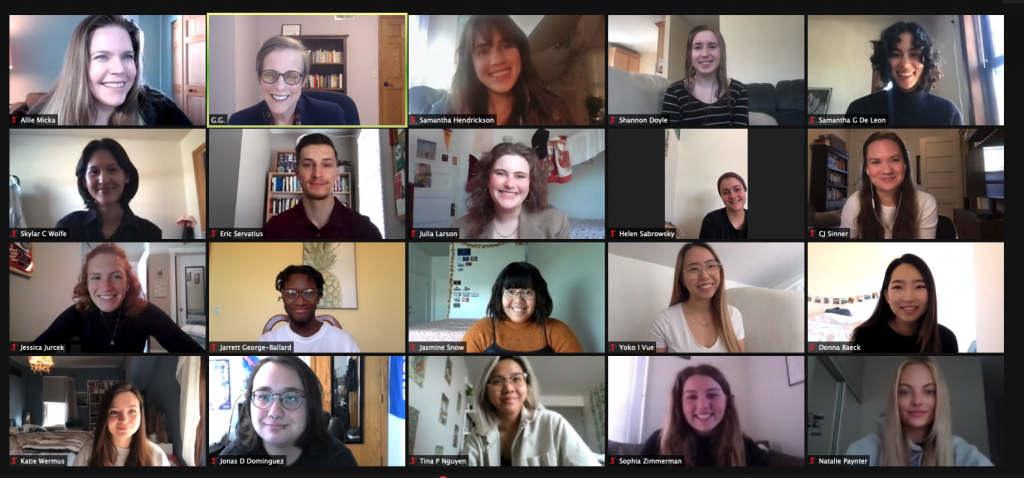
Contact us at accessus21@gmail.com, or check out our Facebook, Instagram and Twitter to keep up with the latest news.
Editor’s Note
When this class decided it would dedicate a semester’s worth of coverage to Black communities on campus, we did not do so lightly.
It took hours of discussion and forethought before we made the choice, fully understanding the enormity of work we had ahead of us to make our coverage as equitable and accurate as possible. Since then, we have spent the last two months doing as much work as we could to equip ourselves with the best resources and knowledge available before heading into this.
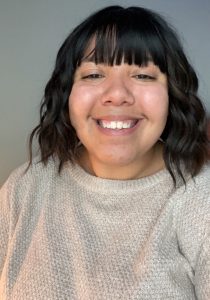
Our mission is to report for and with the Black communities at the University of Minnesota, acknowledging the diversity of Blackness while also committing to centering the voices and experience of those who identify as Black. This means that we intend to do our best to write stories that reflect the sentiment these communities may hold based on data, interviews, personal experience and previous reporting. We have done weeks of outreach with multiple stakeholder groups across campus who were kind and gracious enough to meet or consult with us, either to agree to open contact or decline interview opportunities.
These groups include the Black Student Union, the African Student Association, Black Motivated Women, the Multicultural Center for Academic Excellence, the Multicultural Center for Student Engagement, the Oromo Student Union, among others. This outreach was intended to be a starting point; We know it does not reflect the totality of representation on campus and we hope to meet with and hear from more groups in the future.
We are fully aware of the context in which we are launching the site. The aftermath of Derek Chauvin killing George Floyd and Chauvin’s subsequent trial will be hanging over this site and our mission the same way it has hung over everything else since May 2020. However, this context of heightened racial tensions and institutional reckonings is not a new one — it is one that has been brought to the forefront of white systemic consciousness. While we are taking advantage of that relatively new consciousness, we have no intention of it being the total lens of the site or every story we tell.
We will make mistakes. We will miss things or get things wrong. We are striving to do better than what traditional journalism has taught us to do, but we are only human. We start this knowing that, and asking for grace and patience from the communities we hope to cover as we do our best work with the best of intentions. We are not owed this, of course, but it would hopefully be in good faith knowing that we would be able to take what we learn here with us in the future.
At the end of the day, this is about telling stories, as well as using the space available to us to encourage people to tell their own stories in their own way.
Jasmine Snow, Editor in Chief
AccessU: Black on Campus
Letter from the Instructor
This marks the fifth year the Hubbard School of Journalism and Mass Communication has turned its Brovald-Sim Community Journalism Practicum into the hands of its remarkable students, who always amaze me with their ability to report more deeply into the communities of the University of Minnesota. In past semesters, students in this class have covered “hidden” communities of disability, recovery from addiction, rurality and the status of being a nontraditional student. In this year of racial reckoning, as editor Jasmine Snow explains, the decision was to engage in reporting that centered Black communities who comprise just 5 percent of the more than 29,000 Twin Cities campus undergraduates. We are all grateful to the work of Jasmine, who for weeks reached out to Black student groups to pave the way for AccessU reporting queries; she was steadfastly supported by managing editor Samantha Hendrickson. The leadership team included survey editor Eric Servatius, data editor Jess Jurcek, web editor Skylar Wolfe and multimedia editor Allie Micka. The visuals teams were assisted by Shannon Doyle and included help from Yoko Vue, Sophia Zimmerman, Nat Paynter and Tina Nguyen – who also stepped in as story editor with colleagues Julia Larson and copy chief Jonas Dominguez. Donna Baeck was survey/data liaison, and Katie Wermus assisted on the survey as well. Jarrett George-Ballard, Helen Sabrowsky and Samantha De Leon reported ably, as did all the students. The class was steadfastly supported by adjunct fellow Marissa Evans, formerly of the Star Tribune who continues to work with us in her new job as a health reporter at the Los Angeles Times focusing on race, and C.J. Sinner, data visuals editor at the Star Tribune, who offered survey and data oversight. This practicum teaches students about reporting on community. That means listening, deeply, with empathy, often to the voices of marginalized people, and sometimes means reporting for a group, not just about a group. Once again, I am humbled by the extraordinary capacity and compassion of our students. I am grateful for every one of them.
Gayle (G.G.) Golden
HSJMC Senior Lecturer
-
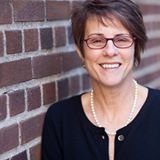
Gayle (G.G.) Golden -
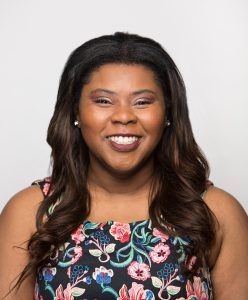
Marissa Evans -
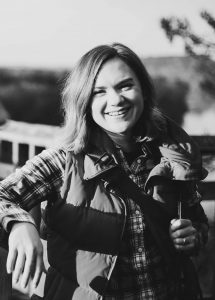
C.J. Sinner
A note to our readers
It has been almost 48 hours of outrage, grief, fear and anguish. Our hearts go out to the friends and family of Daunte Wright, as well as the Brooklyn Center community and the communities in greater Minneapolis.
Even as we endure the painful images and testimony in the ongoing trial of Derek Chauvin, the police officer who killed George Floyd, we have once again witnessed the fragile pretense of Black security and stability in the United States, which can be torn away swiftly and unjustly at the hands of law enforcement.
We have been reminded of the chronic injustice Black people exist under — but this is nothing new. AccessU: Black on Campus launched with the intention of reporting stories that centered the experience of and with Black communities on the Twin Cities campus. We wanted Black people on campus to tell their own stories in their own ways so as to avoid the false narrative that Black people are a monolith or that their experience is centered on pain and grief.
We have been reminded this week that mourning and trauma do remain inseparable from Black existence due to the oppressive and terminal forces brought against it. In recognizing that, this publication aims to continue its mission, while doing our best not to encroach or unduly capitalize on their experience at this time.
We’re here to do what we can to the best of our ability. To ask questions respectfully. To listen to the community. And to use this space for their voices during this uncertain time.
